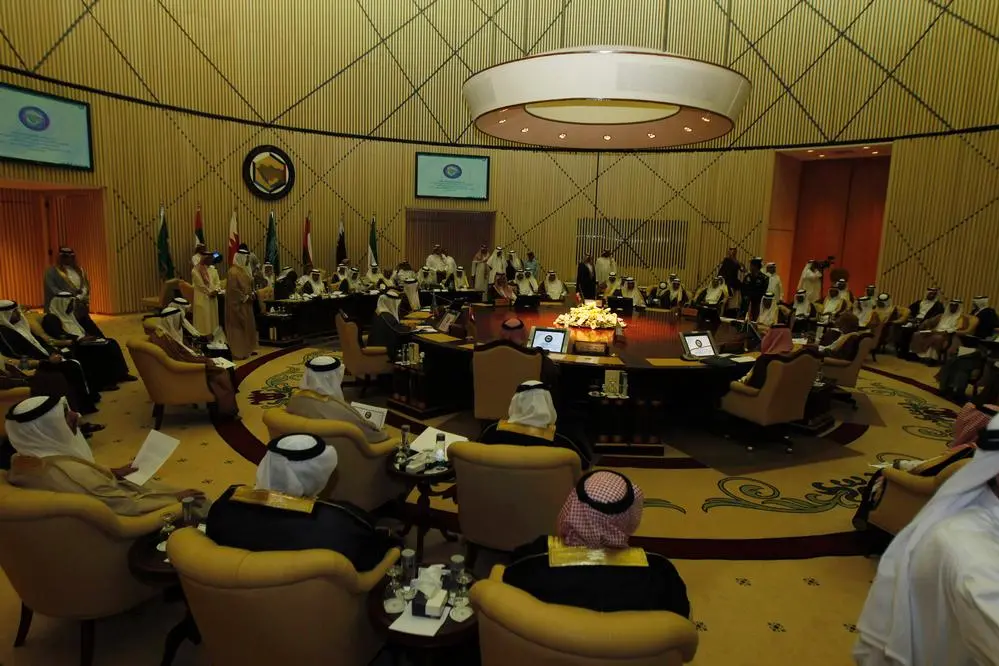PHOTO
Qatar is slated to outperform the other Gulf Cooperation Council (GCC) countries on its first-mover advantage in diversification, and that the oil price recovery will support the GCC, enabling the governments ease their austerity drive to help boost investors and consumers' sentiments, according to BMI.
Highlighting that the implementation and progress of the diversification plans greatly vary across countries, BMI said the countries that are the most advanced in the process, namely the UAE and Qatar, would benefit from a first-mover advantage and outperform their peers.
Forecasting Qatar’s real gross domestic product growth of 3.5% this year and 3.7% in 2018, underpinned by heavy sovereign infrastructure investment, ahead of 2022 FIFA World Cup, it said "Doha is looking to use the competition as a catalyst for wider economic diversification, and improved infrastructure and the increased international exposure that comes with the event will indeed help it develop non-hydrocarbons sectors such as tourism, finance and education."
Highlighting that the GCC economies benefit from recovering oil prices in 2017-18, supporting rising investor and consumer confidence, and from ambitious economic diversification plans to boost the non-oil economy; BMI said "ahead of their peers in the diversification process, the UAE and Qatar will be regional out-performers, while Saudi Arabia will enter contraction in 2017 amid oil production cuts and spending rationalisation by the government."
The slump in oil prices since the second half of 2014 forced the GCC governments introduce fiscal consolidation measures, notably reforming their generous subsidy regimes, taking a toll on consumer and business confidence.
Investor sentiment has also been further impacted by lower liquidity levels across the region, as government deposits in the domestic banking sector have been drawn down, according to the Fitch group company.
Nevertheless, "the recovery in oil prices will support economic activity across the GCC in 2017 and beyond, enabling governments to relax their austerity drive, which will be a boon for consumer and investor sentiments," it said.
BMI forecast that Brent prices to average $57 per barrel this year and $60 in 2018, up from $45.1 in 2016, but cautioned that this is still a far cry from the average of $10 7.7 in 2010-14.
"Combined with production cuts agreed at the Organisation of the Petroleum Exporting Countries’ meeting of November 20, 2016, a return to outright fiscal expansion is off the cards, supporting our view that growth will remain modest by historical standards," it said, adding the GCC region will see growth picking up modestly in 2017 and in 2018, after bottoming in 2016 alongside oil prices.
Despite widespread efforts across the GCC to diversify their economies away from oil, "we believe that economic activity will remain heavily reliant on government revenues, which in turn depends on oil prices. Therefore, the recovery will be gradual, and we do not forecast a return to growth rates experienced between 2011 and 2014," it said.
© Gulf Times 2017





















